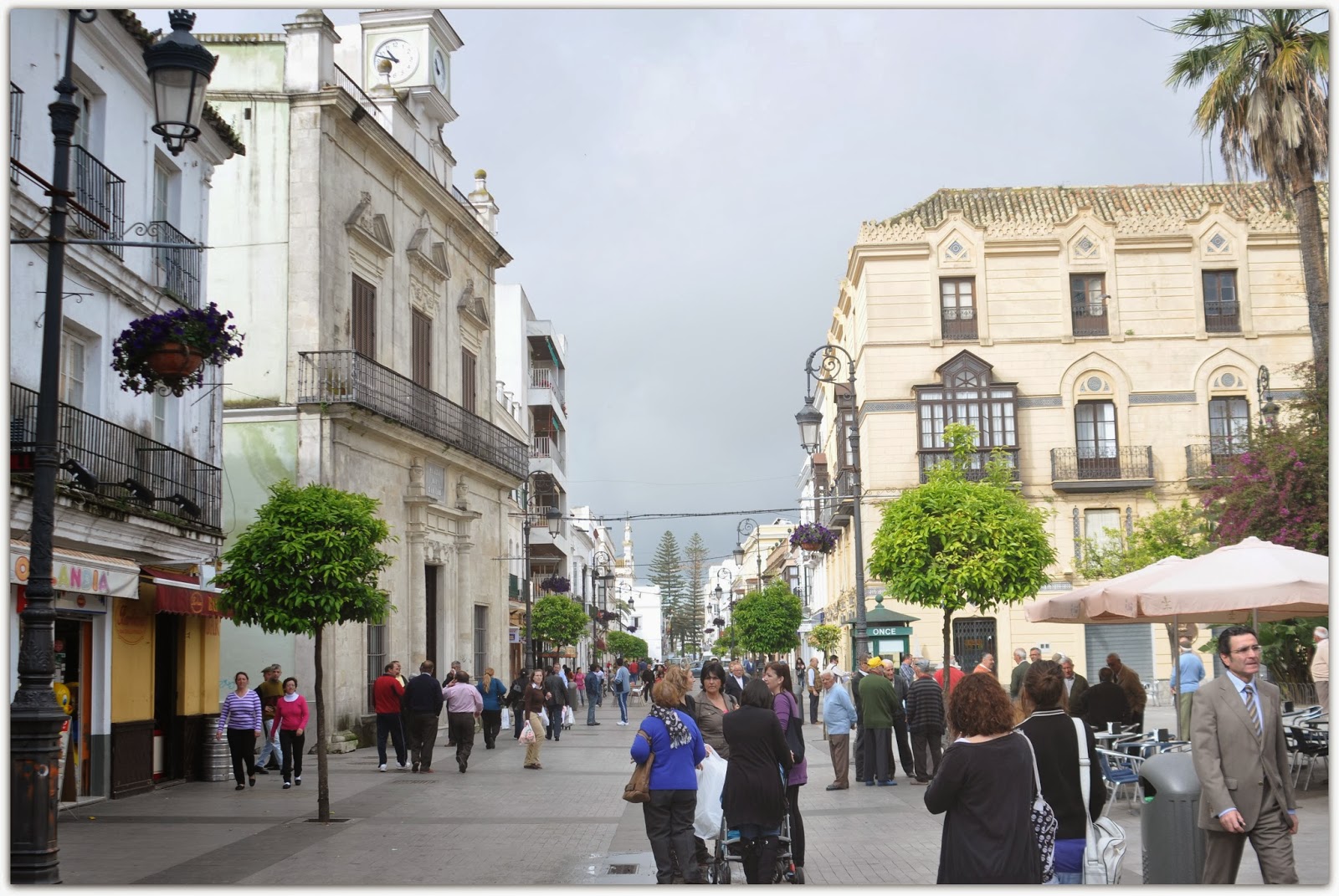They have siesta because they're lazy. That’s what I was told about folks across the border when I was a kid
growing up in the south.
 Living in Spain years later, I discovered they had siesta too, and with good reason. The little town where we lived shut down
around noon because it was hot and few businesses had air conditioning. The shops and stores were like ovens and
nobody would go in during the heat of the day.
So they closed and reopened around 5:00 PM after it had cooled down a
bit. They stayed open to 8 or 9; a long
day with a break in the middle.
Restaurants wouldn't serve until evening; same reason. They stayed open quite late.
Living in Spain years later, I discovered they had siesta too, and with good reason. The little town where we lived shut down
around noon because it was hot and few businesses had air conditioning. The shops and stores were like ovens and
nobody would go in during the heat of the day.
So they closed and reopened around 5:00 PM after it had cooled down a
bit. They stayed open to 8 or 9; a long
day with a break in the middle.
Restaurants wouldn't serve until evening; same reason. They stayed open quite late.
 Living in Spain years later, I discovered they had siesta too, and with good reason. The little town where we lived shut down
around noon because it was hot and few businesses had air conditioning. The shops and stores were like ovens and
nobody would go in during the heat of the day.
So they closed and reopened around 5:00 PM after it had cooled down a
bit. They stayed open to 8 or 9; a long
day with a break in the middle.
Restaurants wouldn't serve until evening; same reason. They stayed open quite late.
Living in Spain years later, I discovered they had siesta too, and with good reason. The little town where we lived shut down
around noon because it was hot and few businesses had air conditioning. The shops and stores were like ovens and
nobody would go in during the heat of the day.
So they closed and reopened around 5:00 PM after it had cooled down a
bit. They stayed open to 8 or 9; a long
day with a break in the middle.
Restaurants wouldn't serve until evening; same reason. They stayed open quite late.
Siesta is the short descriptor for their environmental
adaptation. It was wasn't a tradition so much as a well thought out adjustment to circumstances. We had our evenings at home after work; they
had their equivalent midday because that’s the way it worked best. And they aren't lazy.
Such attributing motive to another is usually inaccurate. If you catch yourself saying because (as in 'they did this because they're ...'), you're likely off the mark.
Presuming to understand the motivation of another person or another culture in simplistic terms provides for a wealth of inaccurate thinking and off-target response.
Presuming to understand the motivation of another person or another culture in simplistic terms provides for a wealth of inaccurate thinking and off-target response.
Most cultures have a lot to offer to the outsider. Most are meaningfully rich in new perspective and different thinking. Did you know that in at least one African community, folks are inclined to name their children after people who have helped them make progress as a family. Pretty cool.
